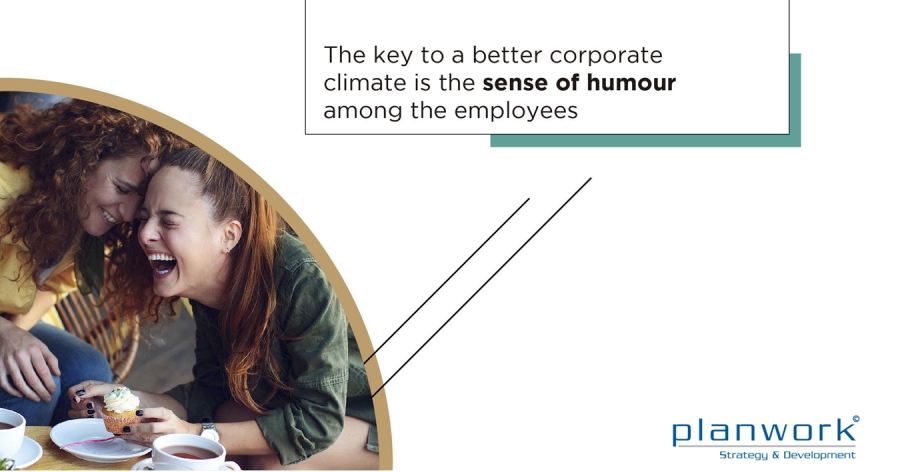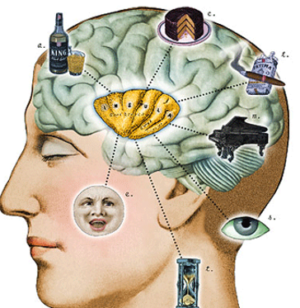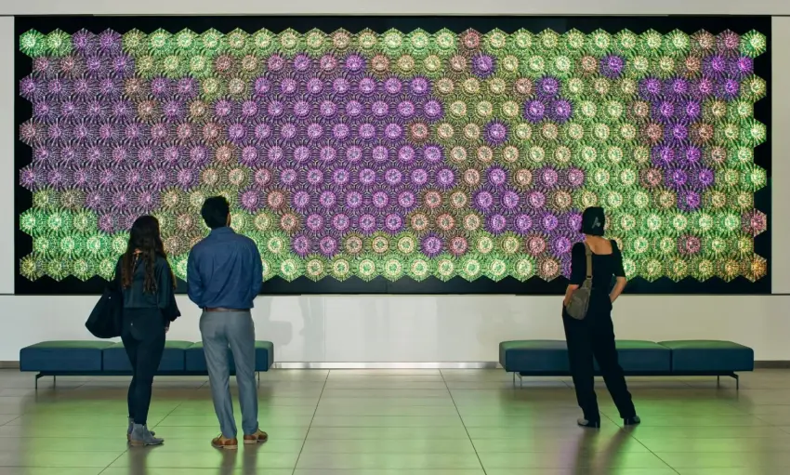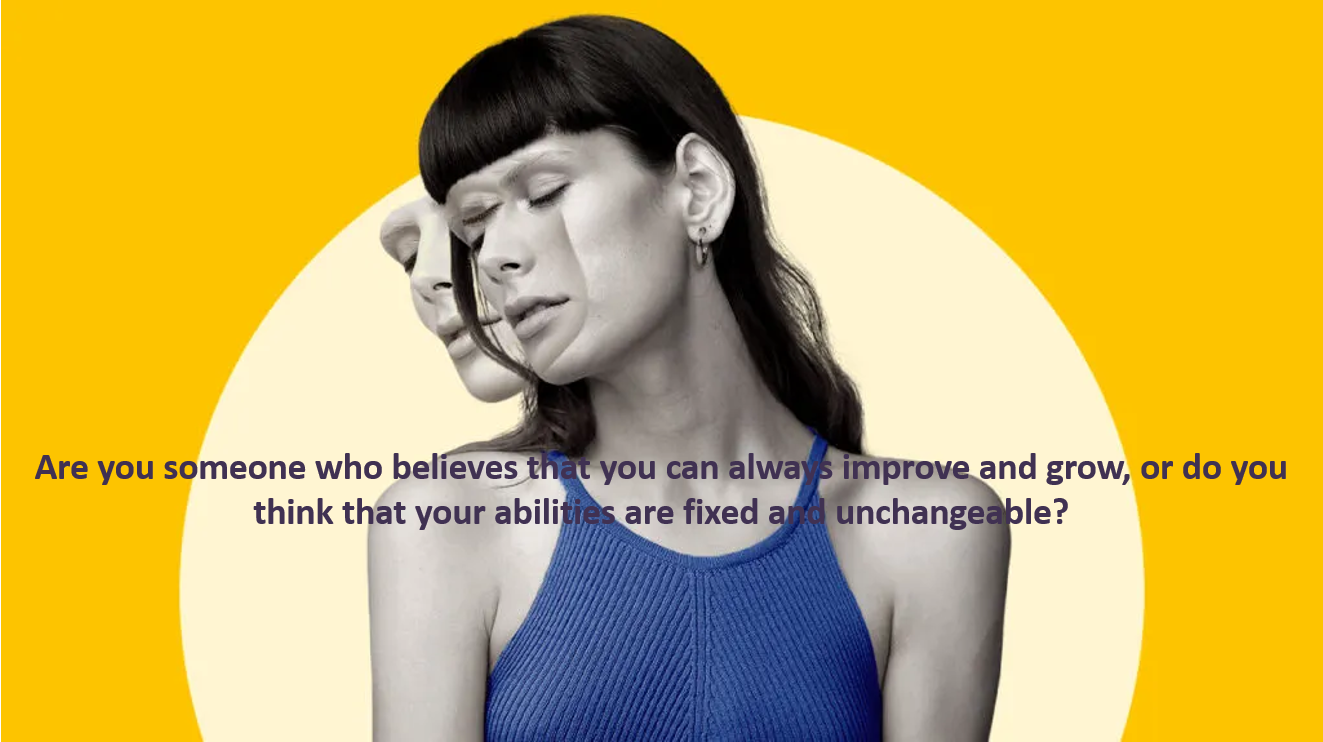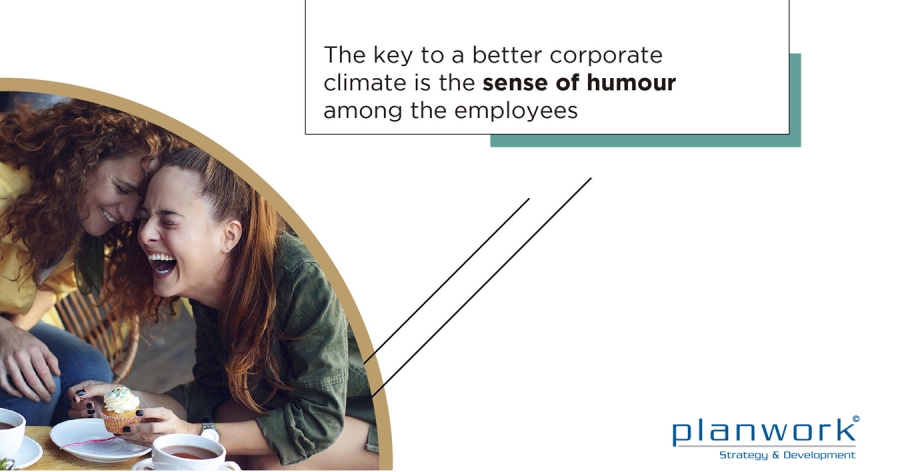The Eight Types of Company Culture
Caring focuses on relationships and mutual trust. Work environments are warm, collaborative, and welcoming places where people help and support one another. Employees are united by loyalty; leaders emphasize sincerity, teamwork, and positive relationships.
Purpose is exemplified by idealism and altruism. Work environments are tolerant, compassionate places where people try to do good for the long-term future of the world. Employees are united by a focus on sustainability and global communities; leaders emphasize shared ideals and contributing to a greater cause.
Learning is characterized by exploration, expansiveness, and creativity. Work environments are inventive and open-minded places where people spark new ideas and explore alternatives. Employees are united by curiosity; leaders emphasize innovation, knowledge, and adventure.
Enjoyment is expressed through fun and excitement. Work environments are lighthearted places where people tend to do what makes them happy. Employees are united by playfulness and stimulation; leaders emphasize spontaneity and a sense of humor.
Results is characterized by achievement and winning. Work environments are outcome-oriented and merit-based places where people aspire to achieve top performance. Employees are united by a drive for capability and success; leaders emphasize goal accomplishment.
Authority is defined by strength, decisiveness, and boldness. Work environments are competitive places where people strive to gain personal advantage. Employees are united by strong control; leaders emphasize confidence and dominance.
Safety is defined by planning, caution, and preparedness. Work environments are predictable places where people are risk-conscious and think things through carefully. Employees are united by a desire to feel protected and anticipate change; leaders emphasize being realistic and planning ahead.
Order is focused on respect, structure, and shared norms. Work environments are methodical places where people tend to play by the rules and want to fit in. Employees are united by cooperation; leaders emphasize shared procedures and time-honored customs.
These eight styles are an integrated culture framework and can be identified depending on the degree to which they reflect independence or interdependence (people interactions) and flexibility or stability (response to change).
There are many things to discuss with you, about your Corporate Culture & Strategy.
Dont hesitate to call us or email to salos@planwork.gr for a discussion about your Corporate Culture and Why need Transform to Perform.
Stamatis Salonikis

